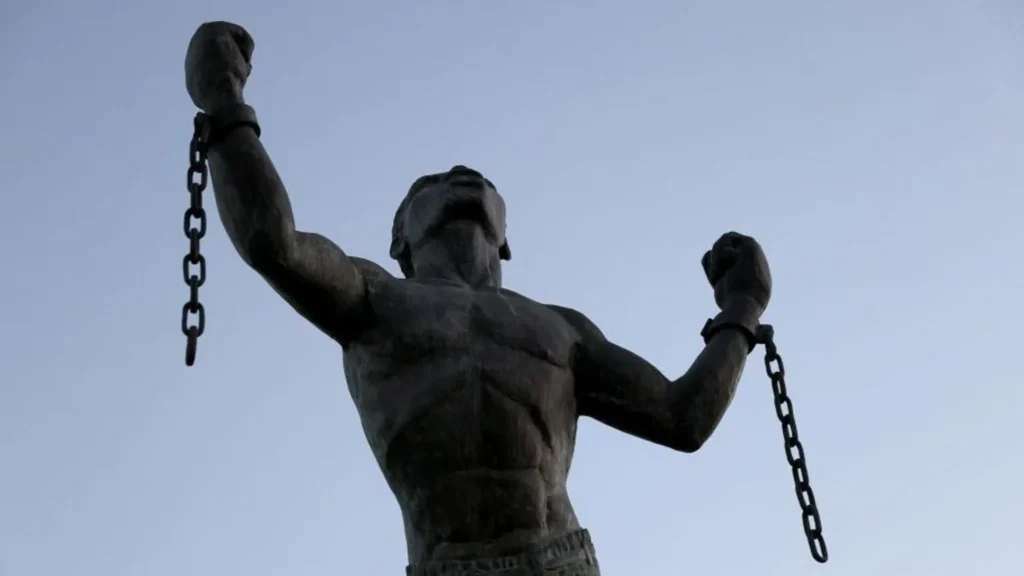
The topic of reparations for slavery has gained increasing attention in recent years, sparking scholarly as well as public controversy. How might a modern civilisation ever start to right millennia of injustice? Does reparative justice take other forms or is money recompense the solution?
As we evaluate the several ways and points of view on this important issue, we will discuss in this essay what reparations could look like—financial recompense, social programs, regulatory changes, and educational reforms.
Realising the Demand for Compensation
Calls for reparations are a movement for acknowledgement, justice, and healing, not only a call to financial compensation. Proponents contend that institutional racism and slavery directly lead to Black communities’ current economic disadvantage, hence reparations would start to right these injustices.
Historical Models for Compensation for Slights
There is precedent for reparations not only now. There are models in the reparations paid to Japanese Americans following incarceration during World War II as well as Germany’s pay to Holocaust survivors. But what might reparations for slavery, a far more ancient and far more widespread atrocity, look like?
Forms of Slavery Reparations: Straight Financial Payments
Among the most hotly contested ideas is direct financial payments. Proponents contend that those who were enslaved or descended from them should get pay to help with their inherited financial hardships. Critics counter that this strategy might not solve the ongoing structural problems and could be difficult to execute.
Programs for Community Invitation
Community investment projects seek to strengthen Black communities directly, not pay individuals. These could include job development programs, affordable housing projects, and subsidies for Black-owned companies, so removing the systematic economic obstacles still affecting these areas.
Scholarships and educational grants
Still a constant problem is access to high-quality education. Reparations could be funds supporting historically Black institutions and universities or scholarships for descendants of enslaved people. These programs could give the next generation more educational possibilities, therefore promoting long-term socioeconomic development.
Programs concerning health and wellness
Many times, past injustices lead to healthcare inequalities; so, health reparations are a reasonable means of remedy. Reparations could call for free medical services, improved healthcare access, or mental health initiatives especially aimed at problems Black people face.
Policy Reforms and Systemic Transitions
Some contend that actual reparations call fundamental structural change. This strategy calls for initiatives including fair housing rules meant to solve the persistent prejudice and inequity Black Americans still experience, as well as reforms in criminal justice and enhanced protection of voting rights.
Resolving the Difficulties and Challenges
Legal, logistical, and ethical questions abound on the road to restitution. Finding eligibility, financing sources, and execution plans is no simple chore. Is a one-time payment or a continuous program what reparations represent? Moreover, establishing agreement on the evaluation of the effectiveness and impact of reparative actions adds still another degree of difficulty.
Public Perception and Support
Public view on reparations is still mixed. Recent polls show that support sometimes changes depending on things like age, party affiliation, and education. Although the subject could generate strong emotions, productive discussions on equality and justice depend on an awareness of the reasons behind reparations.
The Value of Learning and Appreciations
Crucially, the general public should be taught about the effects of slavery and the systematic obstacles it generated. Some say that a first step towards reconciliation is simply recognition—through public memorials, museums, or a formal government apology. Programs for education could help to increase empathy, understanding, and encouragement of reparative behaviour.
Last Thought
The discussion of reparations for slavery is multifarious and complicated, involving more than just financial pay-off. Together, structural changes, healthcare projects, educational investments, and economic support can help to right past injustices. Reparations ultimately aim to produce a more fair society as much as to offer retribution.